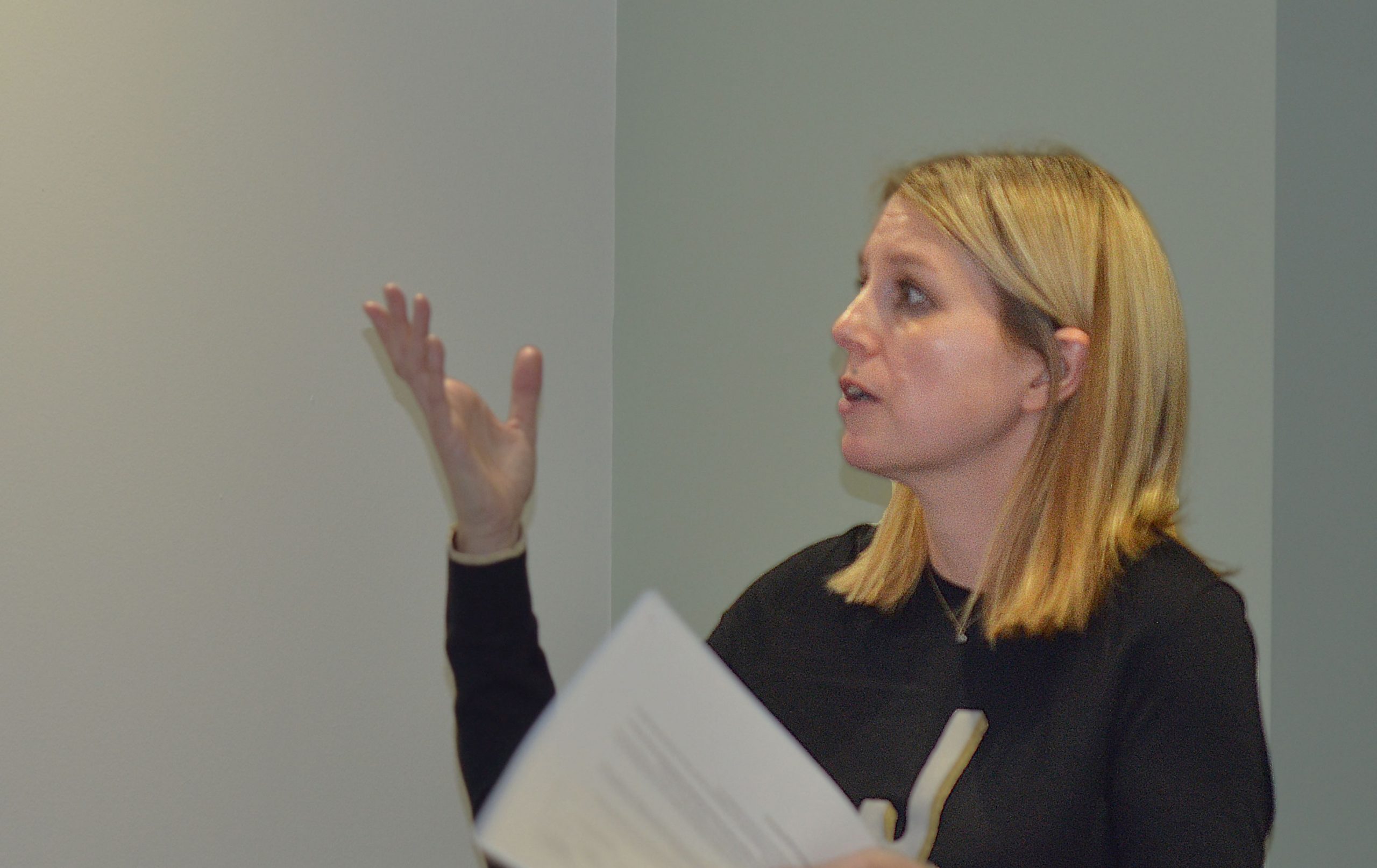Our guest blog this week comes from Jane Curtis, a former fundraiser who runs her own consultancy.
“I have moved around a bit during my 20 years as a fundraiser. I have managed big and small teams, had permanent jobs, interim roles and contract positions. And now as a consultant with my own business, I know only too well how important training and looking after your career development is.
It is your process and you need to take responsibility for driving your own development but all too often the day job can get in the way. The tools below are all available online in various forms, but it can be difficult to know where to start. As a visual learner these exercises really helped me.
Being Brilliant Exercise

This tool can help you understand your Unique Selling Points and help you visualise what you want and need to be happy in your career. Capture your answers on the three headings within the circles. It may be useful to speak to a manager or colleague for their input under the ‘what is valuable to others’ section.
Questions to reflect on: What themes are emerging? What are you brilliant at? What will make you happy? What is valuable to others? What are you doing right now that matches these themes and what will make you happier? What could you do more/less of to prepare you for your next career move?
Career Plotting
This next tool helps draw out conclusions and identify patterns and trends about the highs and lows of your career so far. The idea being you sketch your career lifeline so far with peaks representing the high points and troughs representing the lows or when you felt less good. And next to each peak or trough you write a couple of words which explain why it was a high or low point. It may help you be clear on which environment and situations work well and less well and how you can develop to enable you to perform better in these situations.
Questions to reflect on: What are the characteristics of the highs? What do they have in common? And what were the characteristics for the lows? How did you get out of them? What have you learnt from them? What does all this say about you and your career development needs?

Career Conversations
These don’t just happen with your line manager – you could speak to another manager, colleague, mentor or coach. The following are some of the questions you might want to cover. Preparation is key and will avoid any awkwardness and will help keep you to time. Once you’ve had this conversation, discuss with your manager your next actions and continue to discuss progress in the coming months.
With all these exercises, you should incorporate them into your existing objective setting or personal development plans. Focus on the direction you want to go in your career, what roles match your happiness, what you’re brilliant at, where you can add value. Start collecting job descriptions for roles you aspire to do and read the person specs thoroughly. Seek out opportunities to gain experience in the criteria the role is looking for. There are so many opportunities to develop yourself within the charity sector, from free workshops like the one Charity People run to Institute of Fundraising SIGs, volunteering or finding yourself a mentor within the sector.
Remember: YOU need to own the process and take responsibility for your own development.”

About the author
For a copy of these handouts and more, you can email Jane Curtis or visit her website and add your name to her mailing list. You can also follow Jane on twitter.


